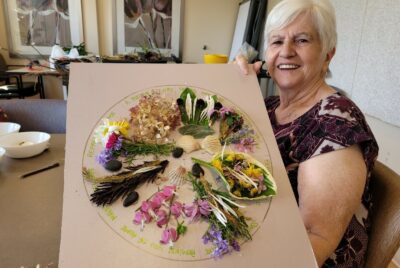RESEARCH
Mental health and wellbeing: Ecotherapy
Summary
This paper explores the concept of ecotherapy as a natural and accessible approach to improving mental well-being. The study examines the link between green spaces and mental health, emphasizing how interacting with nature can reduce stress, improve mood, and facilitate social contact. It identifies different types of ecotherapy activities, such as green exercise, environmental conservation, therapeutic horticulture, and animal-assisted therapy.
Based on a literature review, the paper suggests that being in nature positively affects both physical and mental health, and that nature-based activities offer therapeutic benefits without direct costs. It also highlights the importance of green spaces in urban environments for improving quality of life and providing psychological services to city dwellers. The paper concludes by advocating for the organization of ecotherapy activities and further research on the relationship between nature and psychological well-being, particularly in the context of psychological disorders treatment.







